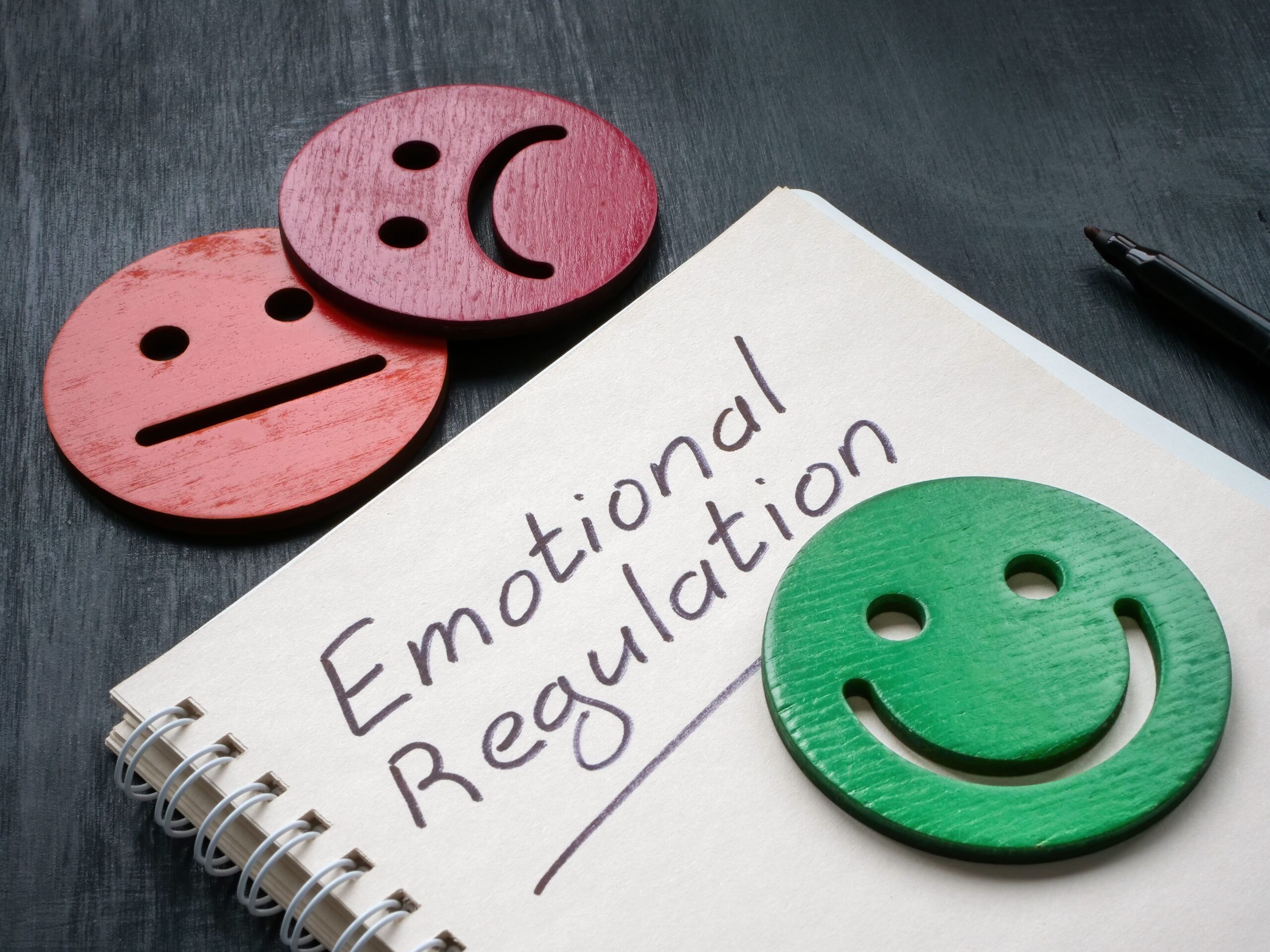Emotional regulation is the process of managing and responding to our emotions in healthy and adaptive ways. It’s a critical skill that affects our relationships, work, and overall well-being. Unfortunately, not everyone is taught how to manage their emotions effectively, but the good news is that emotional regulation skills can be developed with practice. Here are seven ways to improve your emotional regulation:
1. Practice Mindfulness
Mindfulness is the act of paying attention to the present moment without judgment. By practicing mindfulness, you can become more aware of your emotions as they arise, recognize their temporary nature, and choose how to respond to them. Techniques such as mindful breathing, meditation, and body scans can help increase your mindfulness skills.
2. Identify and Label Emotions
Often, we experience emotional distress because we don’t understand what we’re feeling or why. By learning to identify and label your emotions accurately, you can begin to understand their triggers and patterns. This awareness is the first step toward managing your feelings more effectively.
3. Develop Healthy Coping Strategies
Once you’ve identified your emotions, you need to have a toolbox of healthy coping strategies to deal with them. This could include physical activity, talking to a friend, writing in a journal, or practicing relaxation techniques like deep breathing or progressive muscle relaxation. Avoid unhealthy coping mechanisms like substance abuse, overeating, or self-harm.
4. Improve Emotional Intelligence
Emotional intelligence (EI) is the ability to understand and manage your own emotions, as well as recognize and influence the feelings of others. Improving your EI can improve emotional regulation by enhancing empathy, social skills, and self-awareness. Reading books on EI, attending workshops, or working with a coach can help develop these skills.
5. Set Healthy Boundaries
Setting healthy boundaries with others is crucial for emotional regulation. It involves knowing and communicating your limits, needs, and desires. When you have clear boundaries, you’re less likely to feel overwhelmed or taken advantage of, which can lead to better emotional control.
6. Seek Support
Sometimes, the best way to manage your emotions is to seek support from others. This could be friends, family, or a mental health professional. Talking about your feelings can provide relief, offer new perspectives, and help you feel connected and supported.
7. Practice Self-Compassion
Lastly, be kind to yourself. Self-compassion means treating yourself with the same kindness, concern, and support you’d offer a good friend. Respond with understanding and patience rather than harsh judgment when you make a mistake or face a challenge. Self-compassion has been linked to better emotional regulation, lower levels of anxiety and depression, and greater overall well-being.
Benefits Of Improved Emotional Regulation
Improving emotional regulation can benefit your everyday life in many ways, including:
- Enhanced Mental Health: One of the most significant benefits of improved emotional regulation is better mental health. By effectively managing emotions, individuals can significantly reduce the intensity and frequency of negative emotions, such as anxiety and depression. This leads to a more stable mood and greater inner peace, contributing to a healthier psychological state.
- Better Relationships: Emotional regulation directly affects the quality of our relationships. When we manage our emotions, we communicate more effectively, show greater empathy towards others, and are better equipped to resolve conflicts. This fosters deeper connections, reduces misunderstandings, and strengthens bonds with family, friends, and romantic partners.
- Increased Resilience: The ability to regulate emotions is closely linked to resilience—the capacity to recover quickly from difficulties. Emotionally resilient individuals can navigate life’s ups and downs with more grace and less distress, viewing challenges as opportunities for growth rather than insurmountable obstacles.
- Improved Decision-Making: Emotions significantly influence our decision-making process. When we control our emotional responses, we can think more clearly and make decisions based on logic and rationality rather than being swayed by fleeting feelings. This leads to better outcomes in personal, professional, and financial decisions.
- Greater Physical Health: Chronic stress and unmanaged emotions can take a toll on physical health, contributing to a range of conditions, including heart disease, obesity, diabetes, and more. Improved emotional regulation can lower stress levels, reduce the risk of these conditions, and enhance overall physical well-being.
- Enhanced Work Performance: Emotional regulation skills are highly valuable in the workplace. They enable individuals to handle work-related stress more effectively, maintain focus and productivity, and collaborate better with colleagues. This leads to personal success and contributes to a more positive and efficient work environment.
- Higher Life Satisfaction: Ultimately, the ability to regulate emotions contributes to a higher quality of life. Individuals who master this skill experience more joy, contentment, and fulfillment. They are better equipped to pursue their goals, enjoy their relationships, and appreciate the beauty of life, leading to higher overall life satisfaction.
Improving emotional regulation is a journey that takes time and practice. By incorporating these strategies into your daily life, you can develop a healthier relationship with your emotions and enhance your quality of life. Remember, seeking professional help is okay if you’re struggling to manage your feelings independently. Emotional regulation is a skill that everyone can learn, and with the right tools and support, you can master it.
Contact us today to speak to one of our mental health experts to learn more about regulating emotions.

